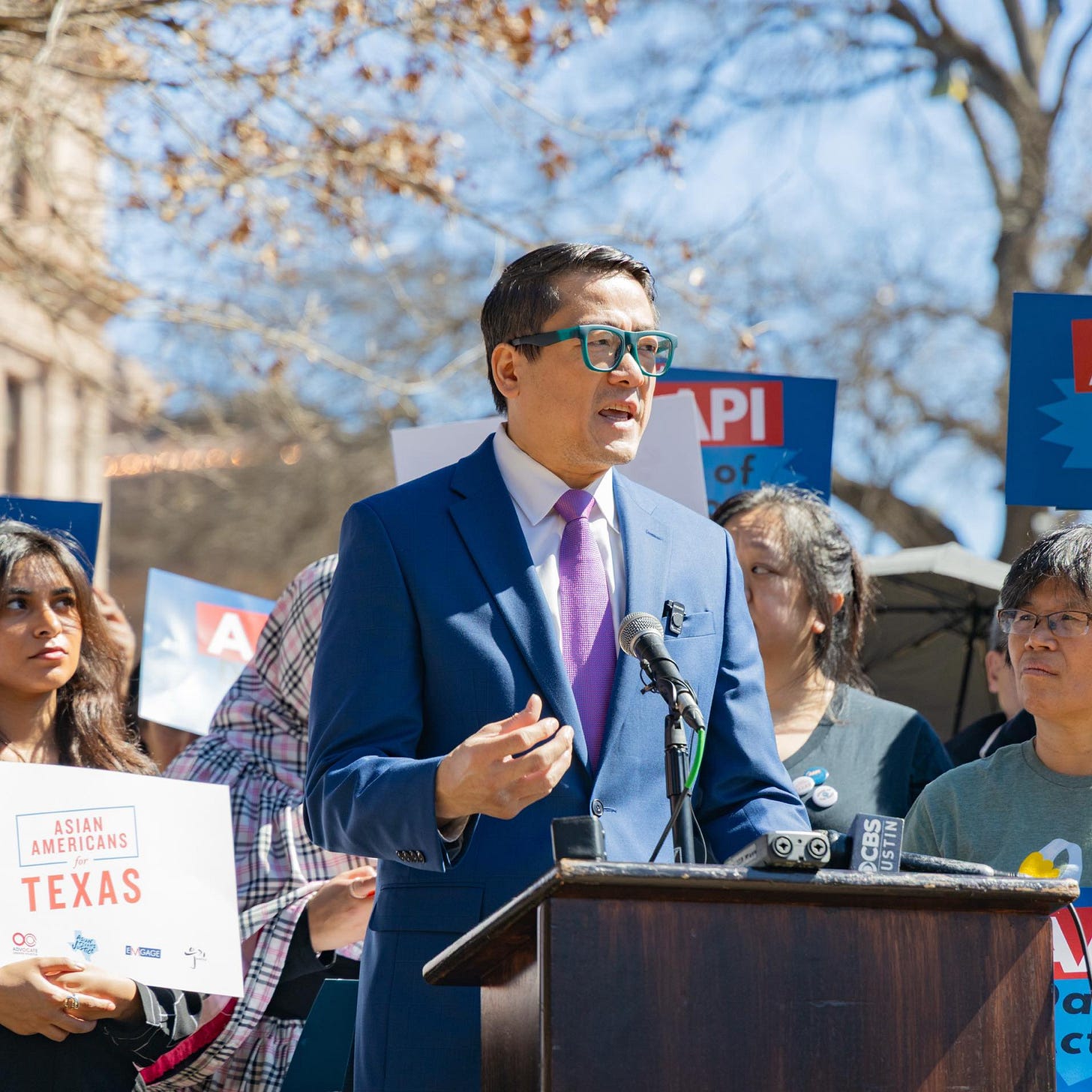A federal court in El Paso will begin hearing cases regarding Texas’s new congressional redistricting plan, which aims to eliminate five Democratic seats in favor of Republican control. At the same time, civil rights organizations fight to stop the Trump-backed plan that they believe violates minority voting rights, ahead of the 2026 midterm elections.
The nine-day court hearing marks the first time the redistricting plan faces judicial review since it triggered a national gerrymandering dispute that forced Texas House Democrats to leave the state during a special legislative session this summer.
A three-judge federal panel will assess if the mid-decade redistricting violates Voting Rights Act protections by showing intentional discrimination against Black and Hispanic voters, which could force Texas to use its 2021 congressional map for the 2026 midterm elections.
Trump’s Push Sets Stage for Legal Showdown
The redistricting process began after President Donald Trump urged multiple Republican state leaders to redraw congressional districts to maintain control of the House. The New York Times reported that Trump’s administration sent Texas lawmakers a message indicating he tracked down supporters of his plan.
The Texas Tribune reported that Governor Greg Abbott first doubted the proposal until Trump called him directly, which led him to support the plan. The new congressional map became law when Governor Greg Abbott signed it on August 29, declaring through social media that he had made Texas more Republican in Congress.
Justice Department Letter Becomes Political Football
The new congressional map specifically aims to eliminate five Democratic representatives, including Marc Veasey, Greg Casar, Lloyd Doggett, Julie Johnson, and Al Green. Doggett announced his decision to retire from Congress if the new map passes because it would force him to compete against fellow Democrat Greg Casar.
The legal dispute centers on whether district boundaries were created with racial considerations or partisan politics in mind, as this distinction will determine the map’s constitutional validity. The Supreme Court established that racial gerrymandering violates federal law, but partisan gerrymandering remains permissible under the law. The redistricting effort received its initial support from Republican leaders who used a U.S. Department of Justice letter to prove four congressional districts were “unconstitutional racial gerrymanders.”
The four districts contain predominantly non-white populations, which have consistently sent minority Democratic representatives to Congress, according to Texas Public Radio. Texas Republicans have performed a complete turnaround in their stance regarding the matter.
The state of Texas now describes the DOJ letter as incorrect and containing “ham-fisted legal conclusions,” while stating that Abbott used it for political purposes to hide his partisan intentions. The redistricting process creates an emergency for minority groups who face diminished opportunities to choose their preferred candidates in Texas’s urban centers. The redistricting process puts the ability of minority voters to select their preferred candidates in Texas’s major metropolitan areas at risk.
The redistricting plan would eliminate one voting district for minority candidates in each of the Dallas-Fort Worth, San Antonio-Austin, and Houston areas, and two districts in South Texas, according to Democracy Docket. The UCLA Voting Rights Project studied the new map. It was determined that mapmakers used racial considerations to break up successful minority voting districts, which previously allowed minority-preferred candidates to win elections.
The UCLA researchers performed a statistical analysis, which showed that the Dallas and San Antonio districts now have Hispanic and Black voters supporting Democratic candidates, while White voters back Republican candidates, thus causing minority vote dilution.
The new map creates an extreme disruption for District 18, which serves the Houston area.
The Black district of District 18 has been without congressional representation since Representative Sylvester Turner died in March after serving only two months of his first term following the July 2024 death of Representative Sheila Jackson Lee.
The special election for District 18 remains unscheduled by Governor Abbott until November 4, which means the Democratic stronghold will remain unrepresented for eight months during essential congressional voting periods. The Texas Tribune reported that the delayed special election creates seven months of unrepresented Democratic representation. At the same time, Republicans attempt to advance President Donald Trump’s agenda through a Congress with minimal control of the majority.



